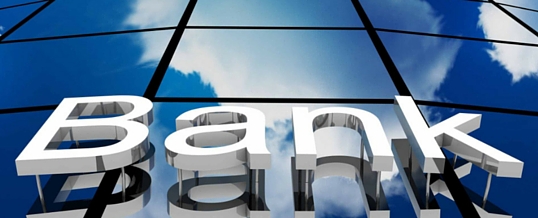
“With great power comes great responsibility,” Uncle Ben says to Peter Parker a.k.a. Spider-Man. This holds true for many things, including banks – big banks, particularly.
Big banks, with all they have – years of experience, reputation and the Government's support - should offer stellar service, better asset protections and pro-clients policies. Unfortunately, those are not always the case.
On the other side of the road, small banks – with all the limitations – are eager to win your business, thus offering service quality and benefits that are often non-existential in big banks.
The above also holds true when it comes to offshore banking.
Big offshore banks are reputable and well-known, which mean that you need to jump through hoops to get your account opening request evaluated, let alone approved.
Small offshore banks, on the other hand, are better than their bigger counterparts for some reasons – here are 5 of them:
1. Less bureaucratic
Bigger, more popular offshore banks are under heavy scrutinize because their client list includes those whose offshore activities include shady practice, such as tax avoidance and/or money laundering. That's why opening an account with big offshore banks is now a more challenging and bureaucratic activity – if not impossible.
Smaller offshore banks, too, need to comply with the laws (anti-money laundering, the requirements to hand over clients information as required, and so on) but as they are more responsive to the changes in regulations and the overall offshore banking trends, they are less bureaucratic compared to their bigger counterparts.
2. More accountable
Says who big-name banks are more accountable than lesser-known banks? Unlike what many believe, smaller banks are more accountable than their big brothers – why? Because small offshore banks can't afford to mess around with their clients' money – if they did, they'd face the consequences.
Big banks, on the other hand, seem to be able to do whatever they want with their clients money (including lend clients' money to borrowers in a fractional reserve model – a bit too much) and when things go wrong, they will have the Government on their back, ready to bail them out.
3. Higher interest rates and better terms
Smaller local banks overseas (really) want your business. Therefore, they need to offer some “incentives” that often come in the form of higher interest rates compared to bigger offshore banks.
Please note that not all offshore banks are offering interests. Instead, they are offering terms, such as quick account opening process, online account opening ability, minimal setup cost and initial deposits, and so on.
To understand what's offered by an offshore bank, you can consult with us and ask away.
4. More responsive to your needs
If you deal with a full-fledged offshore bank like our partner bank in Puerto Rico, you can access a wealth of options that can cater your specific needs. Foreign exchange trading, precious metal investing, real estate investing, stock investing, and so on – you can access the investment vehicles that are well-suited to your needs.
One more upside of small banks: They are more than willing to find ways to accommodate your needs, as long as they are legal. In other words, they are eager to win you over.
5. Better customer service
If you visit a local bank on-premise, you'll notice this: Shorter queues and friendlier tellers/customer service officers; both are typically two of the reasons why smaller banks trump the bigger banks in customer service category.
In term of over-the-phone or online transactions, the same holds true: Quick service at your disposal.
Takeaway
Small offshore banks can be better than bigger offshore banks, in term of services to clients. But please bear in mind that when it comes to the safety of your assets, all banks are equal, big or small.
With that said, you still need to do your due diligence well, especially in choosing the right offshore banks and/or agencies. If you need help, we can shed some light for you.
NOV
2015

Table of Contents